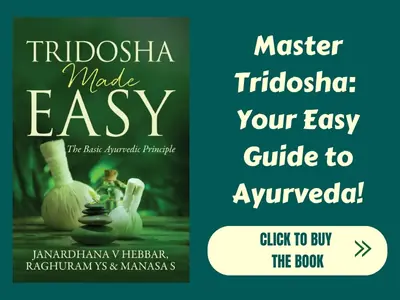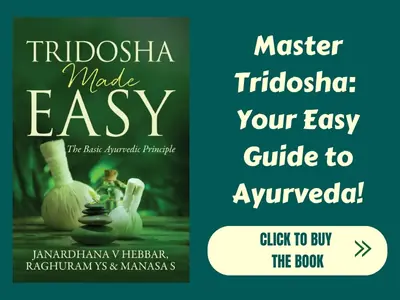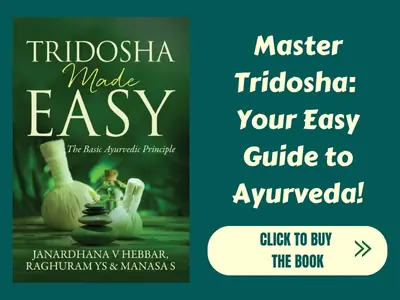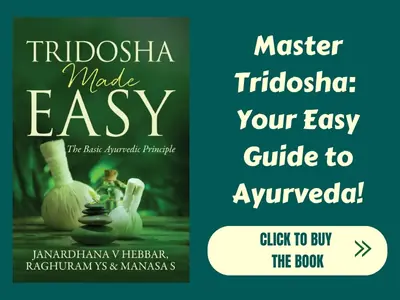The topic of herbalism is growing in popularity lately, as many of us pull the thread on the effective herbal ingredients in our favorite supplements, smoothies and lattes. It only takes one sip of a digestion-soothing tea or adaptogenic latte for most of us to become intrigued.
Although we’ve featured a ton of books on herbalism over the years, whether guide books or cookbooks, we wanted to know which books found their way on to the shelves of a real pro.
We asked herbalist Rachelle Robinett, RH (AHG) of Pharmakon Supernatural to share her recommended reading when it comes to herbalism books for beginners and this is what she shared back. Shop her booklist for a true education from top herbalists…
The 7 Herbalism Books For Beginners According to Rachelle Robinett
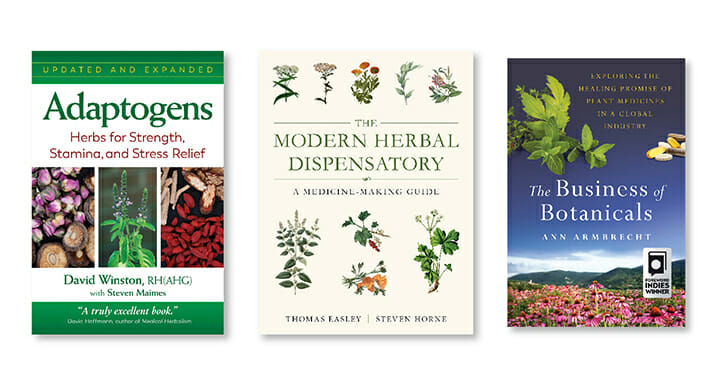
 01 Adaptogens: Herbs for Strength, Stamina, and Stress Relief | Every single business owner, product maker, and consumer of adaptogens should read this book by David Winston and Steven Maimes. I’ve written, spoken, and repeated myself for years on the point that adaptogen is not a synonym for herb, but the wellness industry and functional food and beverage brands continue to misuse the term.
01 Adaptogens: Herbs for Strength, Stamina, and Stress Relief | Every single business owner, product maker, and consumer of adaptogens should read this book by David Winston and Steven Maimes. I’ve written, spoken, and repeated myself for years on the point that adaptogen is not a synonym for herb, but the wellness industry and functional food and beverage brands continue to misuse the term.
While it may seem like a minor detail, it’s actually critically important that we understand the distinction in order to be savvy shoppers and advocates for the power of herbalism to heal. This message, which has become like a mantra for me, belongs first and foremost to David Winston, who literally wrote the book on adaptogens! He’s also one of my favorite teachers, and his company produces some of the highest quality herbal products on the market.
02 Modern Herbal Dispensary | This user-friendly guide to accessible herbs includes lists of benefits, simple recipes, dosing tips, and guidance for working with herbalism in daily life. The author Thomas Easely is another of my teachers and I recommend this book to all of my beginners.
03 THE BUSINESS OF BOTANICALS | This is the book for those of you who want to consume consciously. In it, Ann Armbrecht follows the journey of herbs from seed to shelf, taking us inside the industry of herbalism to consider the ethics, ecology, and sustainability implications of supply and demand on the business of plant-based wellness. Ann is also the Director of the Sustainable Herbs Program, which I’m honored to join in supporting the mission of telling the stories of the people and plants behind the products on our shelves.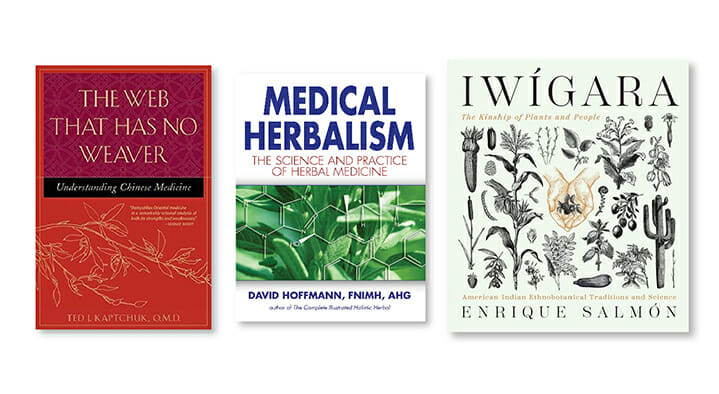
 04 Medical Herbalism | My approach to herbalism is largely rooted in science, and given the prevalence of pharmaceuticals today, it’s important to understand toxicology and contraindications (though herb-drug interactions are far more rare than the fear of them). This comprehensive book includes detailed guidance for understanding the chemical structure and physiological effect of herbs, science and research, and considerations of both traditional and industrial approaches to health. I also love the author David Hoffman’s term from this book, ‘green medicine.’
04 Medical Herbalism | My approach to herbalism is largely rooted in science, and given the prevalence of pharmaceuticals today, it’s important to understand toxicology and contraindications (though herb-drug interactions are far more rare than the fear of them). This comprehensive book includes detailed guidance for understanding the chemical structure and physiological effect of herbs, science and research, and considerations of both traditional and industrial approaches to health. I also love the author David Hoffman’s term from this book, ‘green medicine.’
05 Iwígara: American Indian Ethnobotanical Traditions and Science | Indigenous people are the original herbalists and herbalism is the people’s medicine. This beautiful catalog features 80 plants revered by North America’s indigenous peoples, plus insights from the author, ethnobotanist and educator, Dr. Enrique Salmón of the Rarámuri (Tarahumara) tribe of northwestern Mexico. I encourage finding books by and about indigenous medicine in whatever part of the world you are, are from, or are called to. For example, one of my Brooklyn neighbors is Master Herbalist Karen Rose—a first-generation immigrant from Guyana continuing her grandmother’s legacy as a healer and herbalist. Her apothecary in Brooklyn was one of the first I visited here. Her book is called The Art & Practice of Spiritual Herbalism.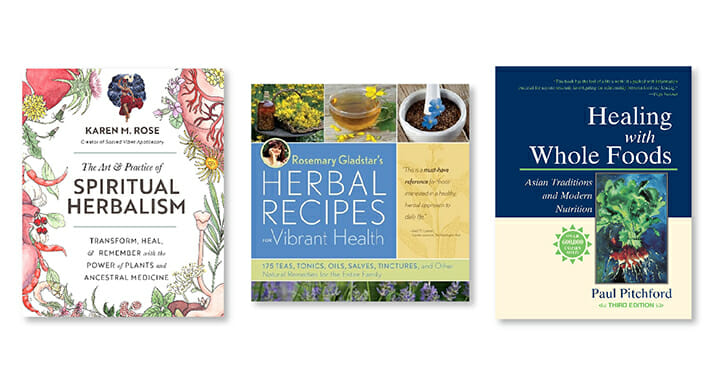
 06 Herbal Recipes for Vibrant Health | Rosemary Gladstar is a godmother of modern Western Herbalism and her projects have shaped the industry in substantial and inspiring ways. Any of her books belongs on every herbalist’s shelf!
06 Herbal Recipes for Vibrant Health | Rosemary Gladstar is a godmother of modern Western Herbalism and her projects have shaped the industry in substantial and inspiring ways. Any of her books belongs on every herbalist’s shelf!
07 Healing with Whole Foods | I used to read this book in my kitchen while eating—absorbing information about the benefits of each bite, plus insights into seasonal ingredients, Traditional Chinese Medicine, and the healing power of nutrition, which is herbalism’s first remedy. This book by Paul Pitchford was a main influence on my early work in plant-based medicine and functional health, and remains one of my absolute favorites. For more on Traditional Chinese Medicine, a classic and must-read is Ted Kaptchuk’s, The Web That Has No Weaver (shown above).
Read Next: Living Well With Herbalist Rachelle Robinett: On Nervines, Nettles + Herbal Coffee
Share the post “The Herbalist’s Bookshelf For Beginners: 7 Essential Reads According To Rachelle Robinett”


